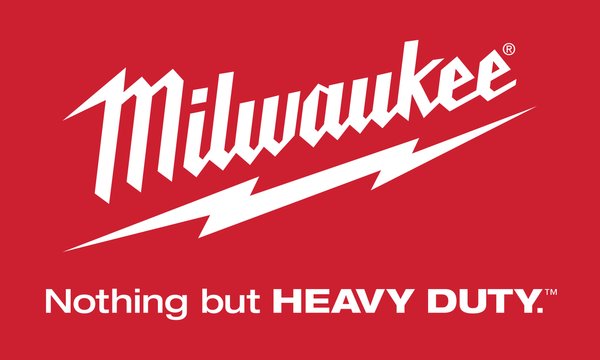Psychosocial hazards – Stress and anxiety

What is stress and anxiety?
Experiencing anxiety and stress is a normal response to any challenges that may arise in both your work life and personal life, however, if it becomes overwhelming to the point that it affects your performance, well-being, or safety then it is important to identify the signs and symptoms and learn how to manage them.
Anxiety is a feeling of worry, nervousness, or unease about something that could happen. When this feeling becomes a problem is when it constantly interferes with your daily life. Some signs and symptoms of anxiety include:
- Constant worry or fear about tasks
- Unable to concentrate on work
- Feeling on edge or restless
- Increased heartbeat, sweating or dizziness
- Avoiding social interaction and tasks out of fear
The following symptoms can cause you to not carry out your job effectively or safely and if you find yourself experiencing these symptoms it’s important to address the issue early.
Stress is a state of mental strain caused by demanding circumstances; it is how your body responds when under pressure. Stress is a natural response but when it is constantly at an elevated level it can affect your mental and physical health. Signs and symptoms of stress include:
- Constantly overwhelmed by work responsibilities
- Getting easily irritated or angry
- Exhaustion and fatigue
- Sleeping difficulties
- Unable to concentrate on tasks
Constant stress can impact your ability to focus and make decisions which is extremely dangerous when it comes to your safety whilst working.
Managing stress and anxiety:
It is not only important to identify stress and anxiety but also to manage it. Some simple yet effective strategies include:
- Taking breaks: if you are feeling overwhelmed it is important to step away from your work and let your mind relax, even for a short period
- Engaging in physical activity: physical activity and exercise help to reduce stress levels, even going for a simple walk can give you a mental break
- Talking to someone: Reaching out to co-workers, your field officer, or a mental health professional can help you find solutions for your stress or anxiety
- Staying organised: Planning out tasks and keeping your work area clean can help you avoid last minute rushing and keep your stress levels down
- Using breathing techniques: Simple breathing exercises can help to calm your body when you feel high levels of anxiety, take deep breathes to decrease feelings of tension
If you are feeling constant stress and anxiety, you can complete a mental health consultation and see a mental health doctor. This can help you to express how you’re feeling to outline effective ways to manage your stress and anxiety. You can also contact mental health support lines such as:
- Beyond Blue: 1300 22 4636
- Mates in Construction: 1300 642 111
- Black Dog Institute: (02) 9382 2991
Helping a Co-Worker
While it is important to look out for your mental health and be aware of stress and anxiety, it is also important to support your fellow apprentices if they are showing signs of stress and anxiety. Some ways you can help include:
- Starting a conversation: have a private conversation with your co-worker and ask if they are ok
- Listening: Sometimes people just need to talk and get things off their chest. Just listening and being there can be enough to make someone feel better
- Telling them help is available: Suggest they speak to a supervisor, field officer, or a mental health professional if they are feeling overwhelmed
For more information, see our safety alert on mental health















